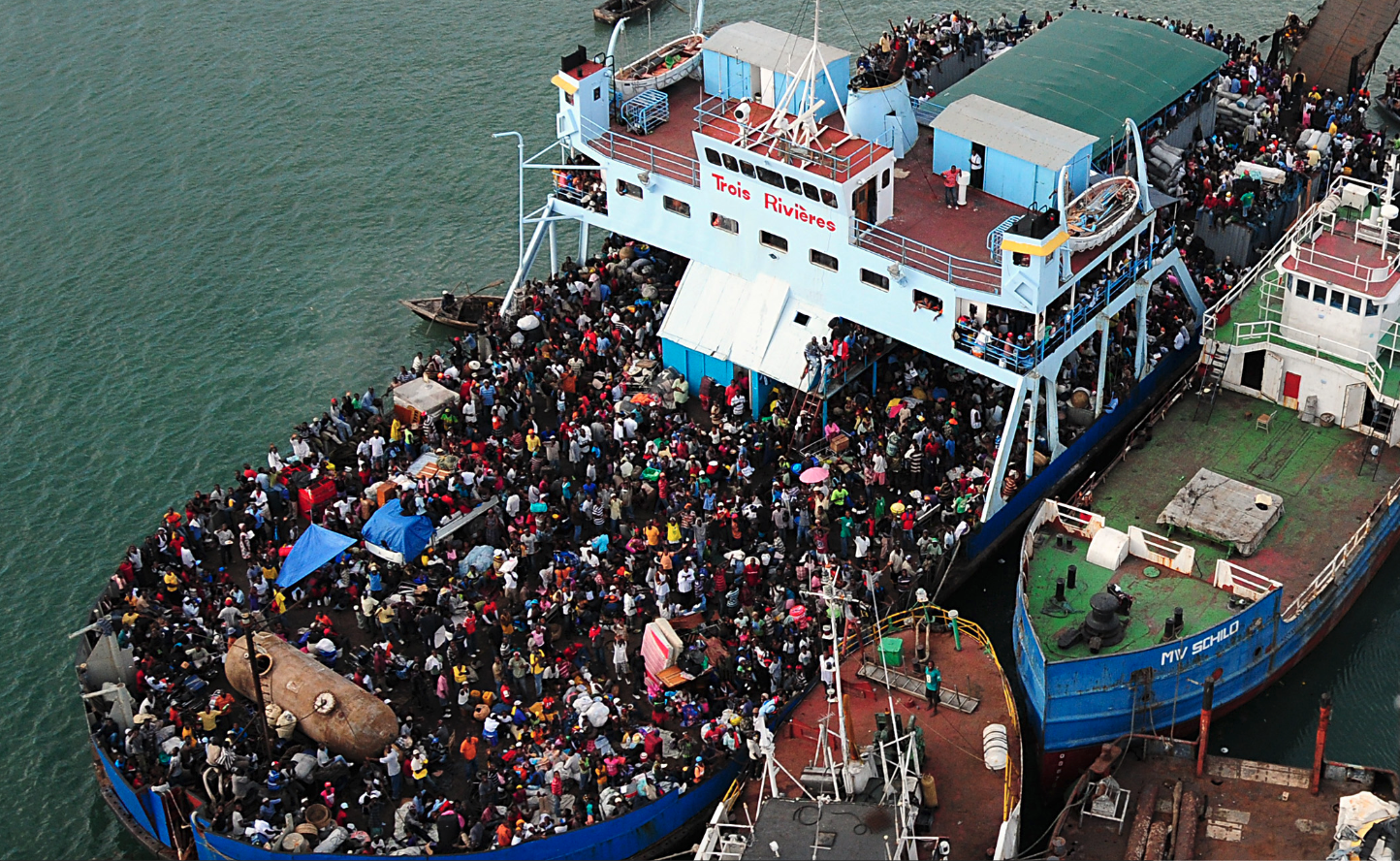Inescapably intertwined: the reality of globalisation and borderless climate risks

Photo Story
Living in an era of growing interconnectedness, it is time to admit: climate adaptation isn’t only a matter of national policy. Climate change does not respect national borders and adaptation efforts are unlikely to succeed if done in geographic isolation.
Our lives are defined by globalisation and hyper-connectivity. We have never been more interdependent. The economic crisis of 2008, which started as a financial bubble in real estate in the US before crippling much of the global economy, is one example of this. The global decline in bee populations linked to commonly used agricultural chemicals – and the corresponding threat to food production – is another. There are many more.
Climate change acutely demonstrates this connectivity – it clearly shows that actions in one place have consequences elsewhere. Carbon intensive industrial development, mostly in affluent economies, has disrupted the balance of greenhouse gases in the atmosphere, causing arctic ice melt and global sea level rise, which threatens to inundate countries like Samoa and the Seychelles. The countries that will suffer the biggest impacts of climate change are often those that have benefited least from a carbon intensive lifestyle.
The Transnational Climate Impacts Index (TCI Index) examines country exposure to climate change from an international perspective.
This visual photo and infographic storyexplains how the Index works and how it has been applied. In this visual story we zoom in to a country-level results for a sample of four countries: a small island developing state – Fiji; a regional hub in East Africa – Kenya; a small, high income, globalised country – Sweden; and a lower income country in West Africa – Senegal.
Diagrams are presented that show the indicator scores for individual countries for each of the nine indicators, relative to the rest of the world.
Take a tour through the photo story >
Learn more about Adaptation without Borders

(0) Comments
There is no content